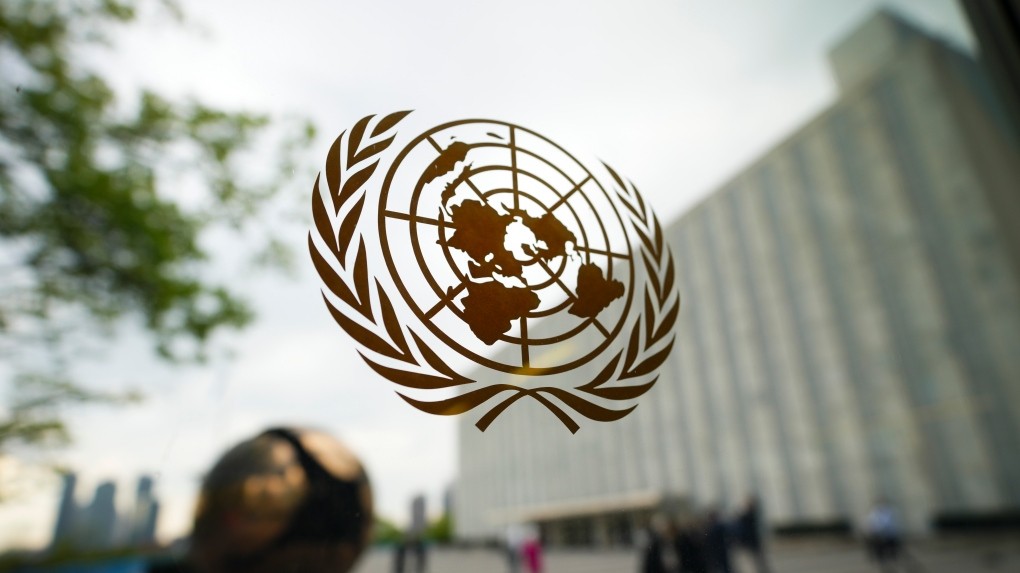Designing ways to fight back against falsehoods that can trigger tensions, violence, or even death, the UN has been monitoring how mis- and disinformation and hate speech can attack health, security, stability as well as progress towards the Sustainable Development Goals (SDGs).
Read More: The Vital Role of Social Networking Services for Tech Startups and Business Incubators
Disinformation can be dangerous in other ways. Several UN missions have reported social media campaigns in recent years targeting their peacekeeping work.
In 2019, the UN mission in the Democratic Republic of the Congo (DRC), known by its French acronym MONUSCO, raised grave concerns about social media disinformation campaigns calling for violence against peacekeepers during an Ebola epidemic and following a deadly attack by an armed group in the restive eastern region.
By 2022, the Security Council had adjusted the mandates of its four largest peacekeeping operations – DRC, Central African Republic (CAR), Mali, and South Sudan – and added the task of preventing disinformation campaigns aimed at undermining a mission’s credibility
Digital army fights fake news
To fight back against disinformation, UN peacekeepers are putting new tools into the hands of civilians of all ages, including 15-year-old Blessing Kasasi in DRC.
An activist advocating for the rights of women and children, Ms. Kasasi readily joined a workshop in the capital city of Kinshasa, with 30 young people who learned about detecting “fake news” and countering it with the most effective weapon: the truth. Guillaume Kingh-Farel, one of the workshop trainers, said disinformation is “used as a weapon of war to undermine MONUSCO’s peace efforts in the DRC”.
Read More: The Business of “Consulting Business Services” in Africa
As such, the MONUSCO-supported workshop to train “a digital army capable of detecting false information” by producing content with the help of a smartphone and editing software and simultaneously spreading objective, credible information through “relay clubs” that disseminate these messages through their networks.
Setting the stage
For UN peace operations, some communities they engage are welcoming the new approaches this summer.
In Mali, where a transitional Government has been in power since a coup in 2021, the UN mission, MINUSMA, hosted the first of its kind blogger festival, attracting nearly 400 participants in Mopti in early June.
By the end of June, at the Malian Government’s request, the UN Security Council terminated the mission, which is slated for a complete withdrawal from the country by 1 January 2024.
Read More: Tech Harmony in African Fields, Cultivating Agro Tech with Local Wisdom
Other efforts are unfolding elsewhere. In early August, in Abyei, a contested zone straddling Sudan and South Sudan, the UN mission there, UNISFA, launched Voice of Peace, an internet radio station aimed at countering hate speech, and fake news.
